Most of us go through the same routine before we leave the house. Make sure you’ve got your phone, wallet, and keys. Double-check that you’ve got everything you need for the day and that the door is locked. If something is out of place during this routine — say your keys aren’t on the hook where you left them, or your wallet has fallen behind the bed — it can throw a wrench in your entire morning.
Being prepared for survival situations isn’t much different than your morning routine to get out the door. Prepping for many SHTF scenarios may leave you with a house, garage, or shed full of supplies. And at first glance, it may seem like you have everything you need to survive.
Don’t base your survival on that first glance. Here are some of the most common critical survival supplies that are easy to overlook and could cost you if you forget them.
1. A Good Holster
We all know how important it is to have enough guns and ammo to protect yourself in an SHTF or survival scenario. Many people often overlook the importance of a good holster, especially for your sidearms. No matter what the movies might tell you, stuffing a handgun into your waistband is never a good idea unless you’re not too attached to the body parts you keep there. Invest in a good holster or other carry solution for the firearms you’re most likely to use in a survival situation.
2. Aluminum Foil
No, we’re not making tinfoil hats. The roll of aluminum foil you have in your kitchen right now has a significant number of uses. Wrap up your food for storage, cooking, or reheating. Line a shoebox with foil and make yourself a makeshift solar oven to cook food when it isn’t safe to make a fire. Crumble up a ball of it to scrub built-up food and grease off your grill.
It’s often overlooked for survival situations because we almost always have a roll or two lying around, but if you can’t go to the grocery store to restock, you might find yourself in a pickle.
3. Baking Soda
Baking soda is probably the most versatile thing in your kitchen right now. In addition to giving your cakes and other baked goods a bit of a lift without the need for yeast, you can also use it to neutralize acid, scrub enamel cups and pots, brush your teeth, deodorize your stinky shoes, and even keep the kids entertained with a baking soda and vinegar volcano. Baking soda will keep nearly indefinitely if it isn’t exposed to moisture or odors, so don’t be afraid to stock up.
4. Canned Meat
When we started creating our survival stashes, most of us probably assumed we’d be hunting or farming to supplement our supply. While this isn’t a bad skill, it can be tricky to rely on your hunting skills, especially if you don’t have a freezer to store large quantities of meat.
Canned meat comes in various flavors — from beef and chicken to tuna, salmon, and even lobster meat — keeps for a lot longer than fresh or frozen options and offers many of the same nutritional benefits. If pickings have been slim, canned meat in your supply can help keep you going.
5. Bug Spray
The collapse of human civilization will not stop insects like mosquitoes from spreading diseases. If there is a mass casualty event, it could become even more likely, which means it will be more important than ever to protect yourself from insect bites.
Stock up on an insect spray that contains DEET. Yes, it’s not great for you, but catching the West Nile virus or Dengue Fever from a mosquito bite when you can’t go to the hospital for treatment is the greater of two evils in this scenario.
6. Duct Tape
Duct tape is like The Force — it has a light side, a dark side, and holds the universe together. Duct tape is another one of those things that we don’t think about stocking up on because we assume we have plenty around the house, but when you’re using it for everything from automotive repairs to first aid, you’re going to run out quickly.
Stock up. It won’t go rancid like some food items on this list, as long as you protect it from moisture and high temperatures.
7. Toilet Paper
“You ever get back there, you hoard toilet paper. Do you understand me? Hoard it. Hoard it like it’s made of gold. Because it is.” — Chuck Shurley, “Supernatural.”
If the early days of the COVID-19 pandemic taught us anything, it’s that toilet paper is going to be a valuable commodity if the world ends. Even if you’re not relying on indoor plumbing and city sewage, you’ll still need to be able to wipe after you use the bathroom. In addition to being essential for comfort and hygiene, it will be a valuable tool for trading.
8. Coffee and Tea
Have you ever had a caffeine withdrawal headache? They’re awful and will become common if you’re a regular coffee drinker if you can’t get your Starbucks to fix. Coffee might not seem like an essential or critical survival supply until your head hurts so badly that you don’t even want to get out of bed. Tea has a secondary use: treating sore throats and other minor illnesses and ailments.
9. Books, Paper, and Writing Utensils
If the internet dies and you can’t watch YouTube videos and TikToks to pass the time, what will you do with yourself? Start building your library — and that doesn’t just mean stock up on survival books. These are great, but they’re not going to keep you entertained during the long and otherwise boring days when you’re not working on staying alive.
Paper and writing utensils can be valuable tools if you decide you want to take up journaling or keep an account of the end of the world.
10. Safety Pins
Sewing should be one of the survival skills that you endeavor to learn before the world ends, but if you’re in the field and something tears — and you don’t have a sewing kit handy — safety pins can be a lifesaver.
Hold things together, pin important things directly to your clothing or backpack, and yes, in an emergency, you can even use them as temporary sutures to hold an injury together until you can give it proper medical attention.
11. Solar Backups
The modern world has left us used to several things, including access to electricity. We take it for granted, assuming that we will always have the tools to charge our devices and keep the lights on. Solar backups can help keep things charged without hunting for fuel to power a generator. They also give you the option of utilizing solar power on the go without setting up a full solar array.
12. Bolt Cutters
In an ideal situation, theft wouldn’t be necessary. But if we’re talking about a survival or SHTF scenario, a little petty larceny could mean the difference between life and death. Invest in a good set of bolt cutters. Even if you never need them for their intended purpose, they can be a valuable tool for cutting fences or chains on your property.
13. Hand Tools
Even if you have a backup power setup, it often isn’t enough to handle powering an extensive collection of power tools, especially those that draw a lot of electricity. Start collecting hand tools that can accomplish the same tasks and learn how to use them. A hand saw might take longer than a table saw to complete the same task, but you aren’t wasting valuable electricity trying.
14. Maps
The GPS satellites might still be in orbit, but without the infrastructure on the ground to support them, they’re just space junk, and you’ll need a different tool to help you navigate the world. Stock up on maps — and update them as necessary to ensure you’ve got the most up-to-date information about the cities and highways around you.
15. Oils and Greases
Keeping your equipment running isn’t hard — but it becomes exponentially harder if you don’t have something as simple as oil or grease to prevent friction and wear. A standard bottle of motor oil can last between two and five years before it degrades to the point of unusability. Unopened containers of automotive grease have a shelf life of five years. In addition to keeping your equipment running, it’s another item that could be valuable for trade.
16. High-Quality Boots
Good boots are expensive, but that’s the point — you’re paying for quality, durability, and, most importantly, reparability. A good pair of boots will make it easy to replace worn soles and repair holes worn in the leather and will also last long enough that those repairs don’t have to happen often.
Be Ready for Anything
It’s hard to prepare for an apocalypse because, when it comes down to it, we don’t know how the world will end. What we can do is make sure we’re ready for anything — and that includes stocking up on the often-overlooked supplies that could make all the difference.

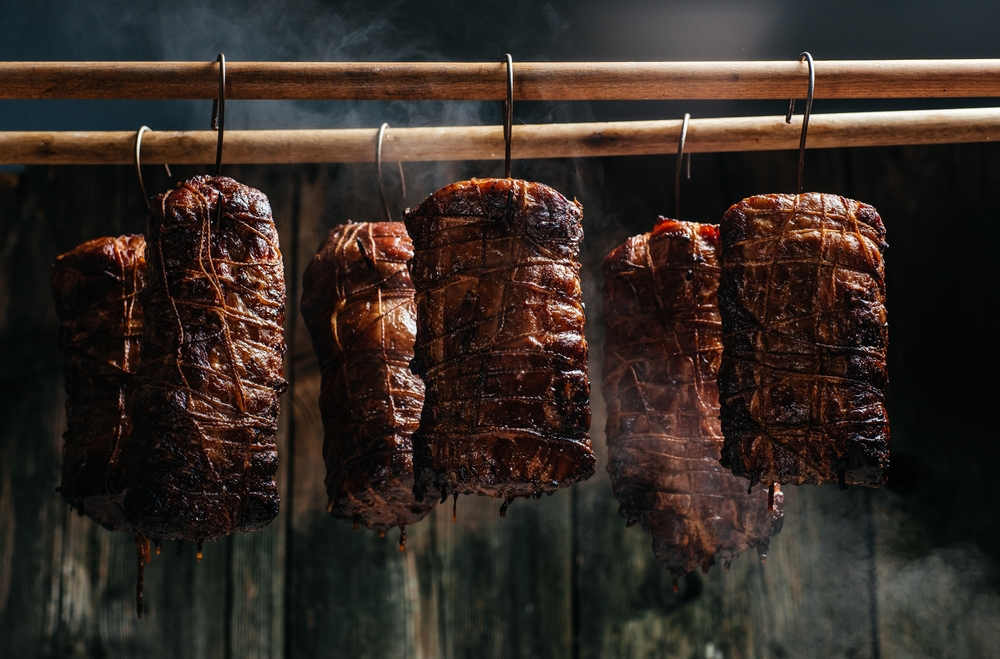

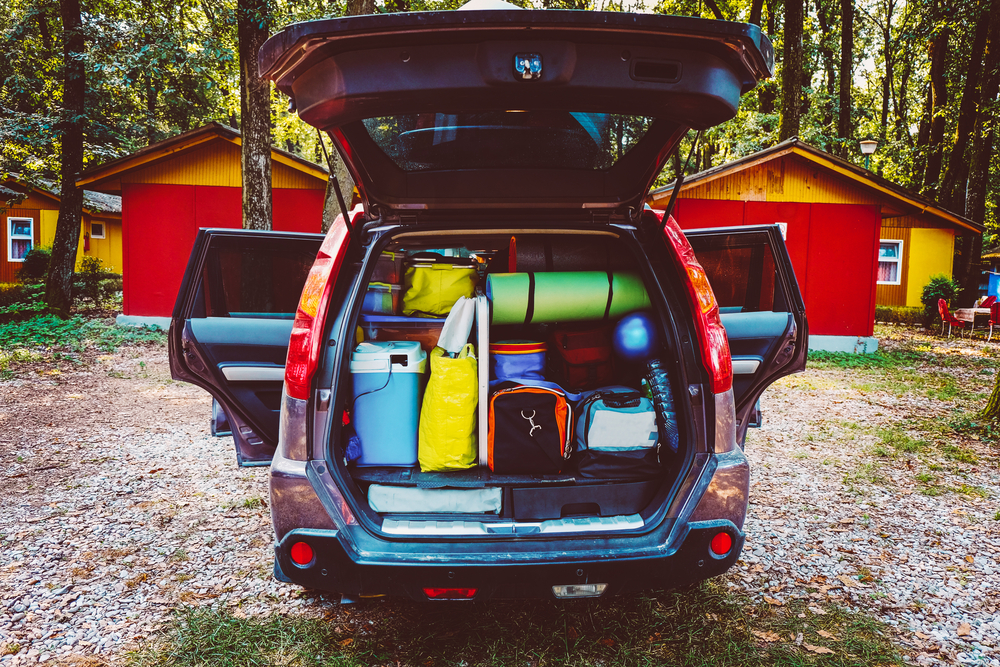


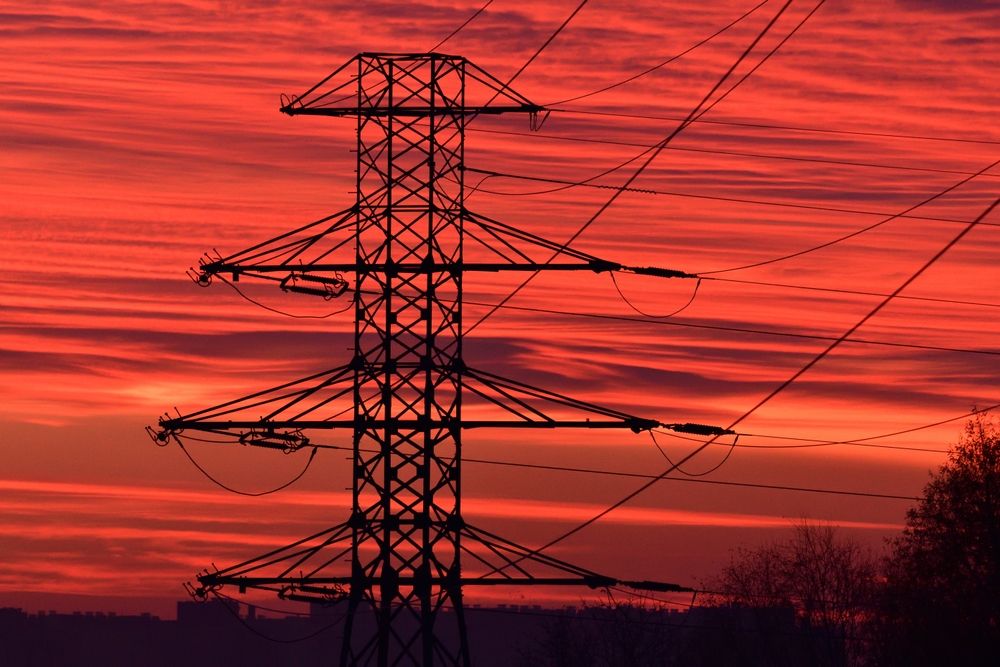













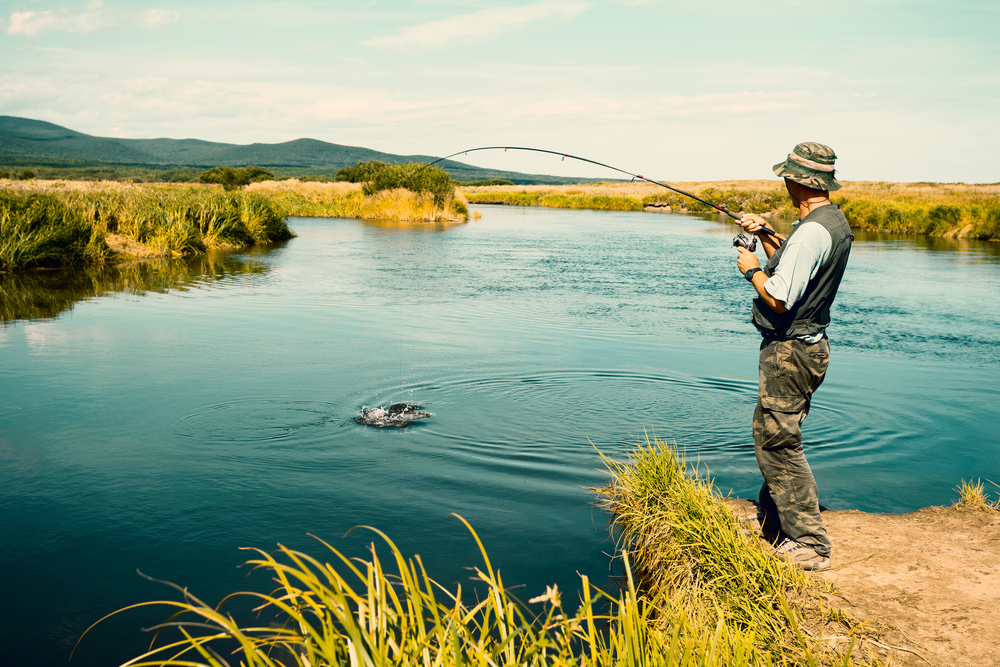


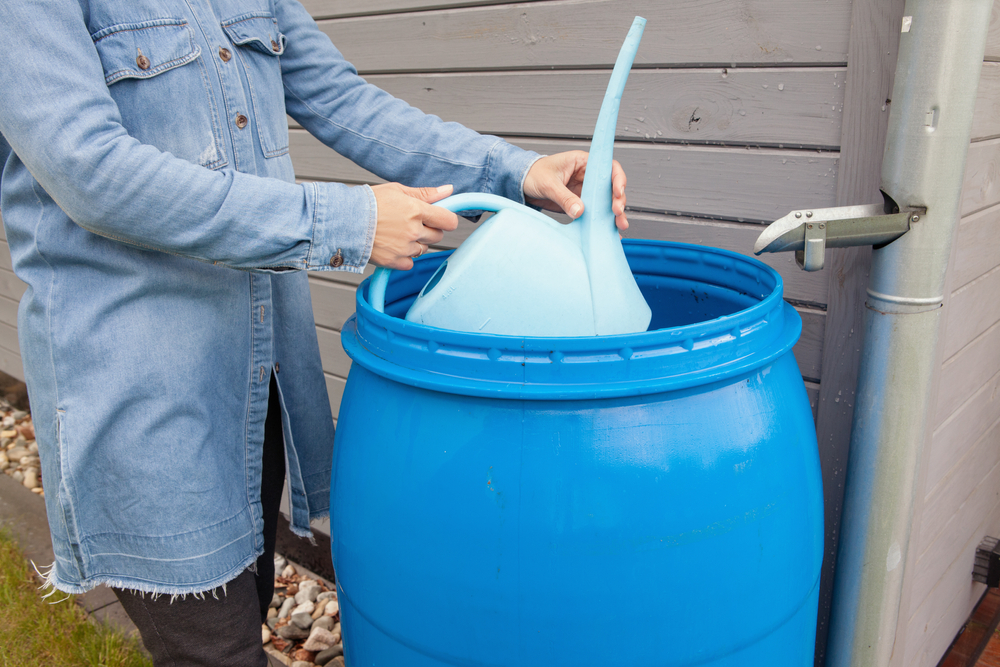
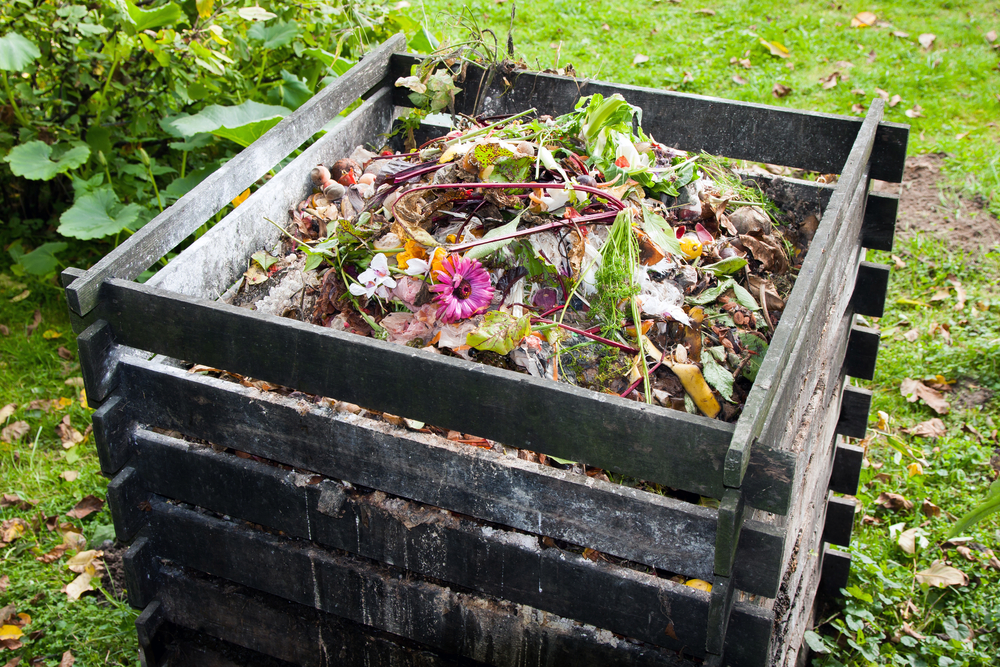
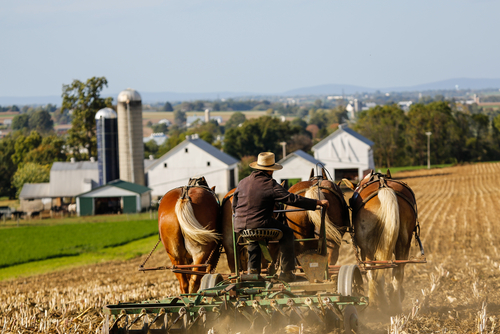
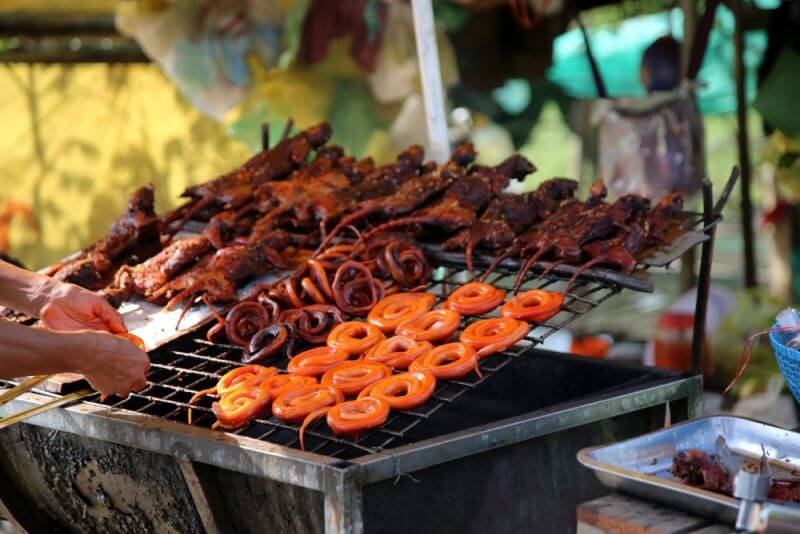

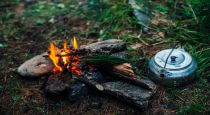



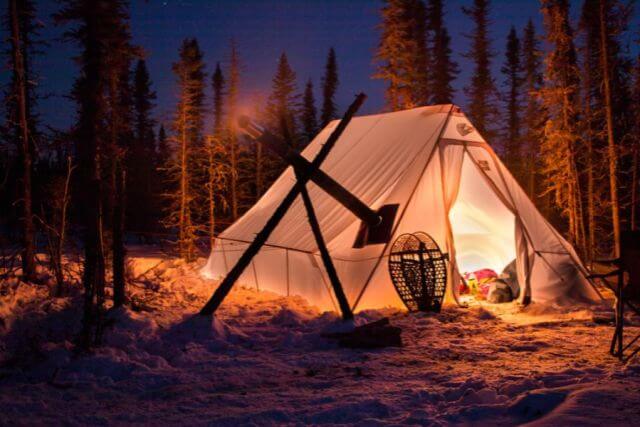



























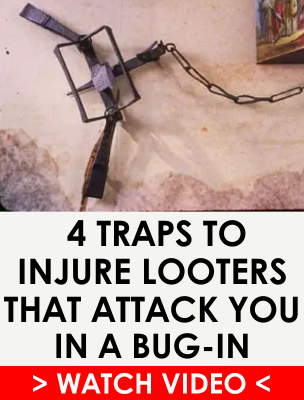








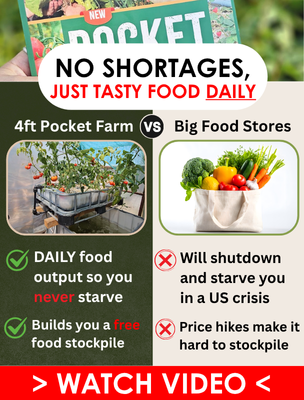


in regard to “bug sprays” – for long term storage you need to go 100% liquid and avoid any sprays with gas propellant – you’ll have dead “bug bombs” when you need them the most in a SHTF >>> OK to have them in your everyday usage pantry supply …..
I’ve found that if the sprays won’t “spray” any more, just punching a tint hole in the can and pointing the hole downward into a jar will usually empty the spray can….it seems there is usually enough pressure to s squirt out it’s contents into a jar. if not, just enlarge the hole and let it drip out.
if you have a roll of bailing wire and a roll of duct tape, you can repair almost anything. what the duct tape won’t hold in (like a broken radiator hose) the bailing wire will reinforce.
Grease is as grease does….I have a barrel of Mobil grease bought in 1960. It has not separated and looks and works just as it always did. By the way, it is way better grease than I can buy today. I have had compression and heat tests done on it and it performs better than “modern” greases. No matter what anyone says, sealed containers of hydraulic oil such as sold by Deere and Case, if kept indoors, will last for decades.